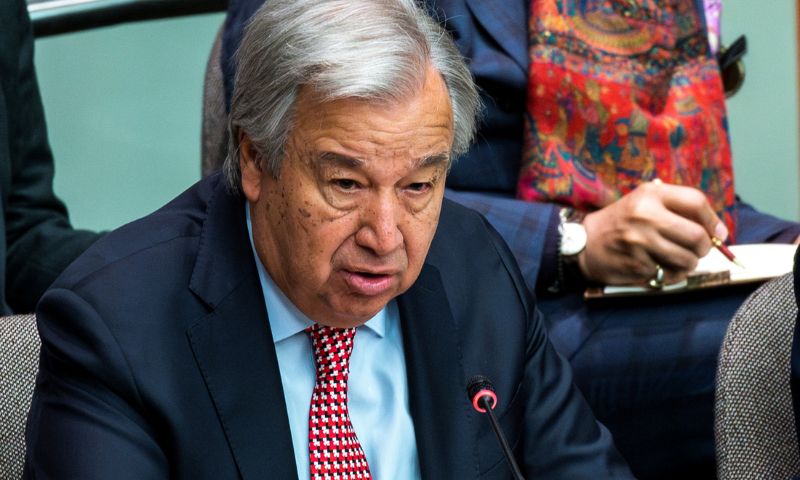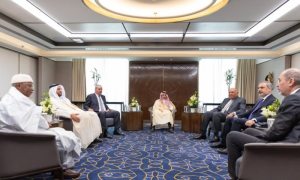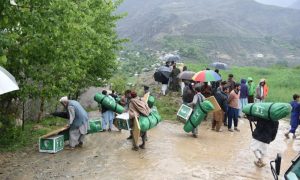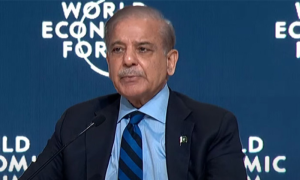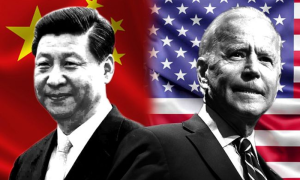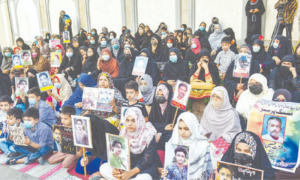BANGKOK, Thailand: United Nations Secretary-General Antonio Guterres expressed deep concern over reports of continued military air strikes by Myanmar’s armed forces on villages in Rakhine state, where residents informed news agency of the deaths of more than 20 individuals on Monday.
Tensions have escalated in Myanmar’s western Rakhine state since November when the Arakan Army (AA) launched attacks on security forces, ending a ceasefire that had been relatively stable since the military coup in 2021.
Guterres conveyed his alarm at the situation, particularly condemning the air strikes conducted by the military, including an incident in Minbya township on Monday that reportedly resulted in numerous civilian casualties, as stated by a spokesperson for the UN chief on Monday.
The township of Minbya, situated east of the state capital Sittwe, has been increasingly isolated due to clashes with AA fighters in recent weeks.
Residents of the village of Thar Dar recounted a devastating air strike that occurred around 1:45 am on Monday, claiming the lives of 10 men, four women, and 10 children. The attack occurred without any preceding combat, leaving the community in shock and mourning.
The ongoing conflict in Rakhine has triggered mass displacement, with tens of thousands forced to flee their homes, reminiscent of the 2017 military crackdown that drove hundreds of thousands of Rohingya Muslims across the border into Bangladesh.
Communications with the affected region have been severely disrupted, compounding the challenges of assessing the situation and delivering aid to those in need.
While the junta retains control of Sittwe, AA fighters have made territorial gains in surrounding areas, heightening the volatility of the situation. Additionally, clashes have spilled over into neighbouring countries such as India and Bangladesh, leading to further casualties and instability.
The AA’s insurgency is part of a broader landscape of ethnic minority armed groups in Myanmar’s border regions, which have long sought autonomy and control over valuable resources, often clashing with the military since the country’s independence from Britain in 1948.









